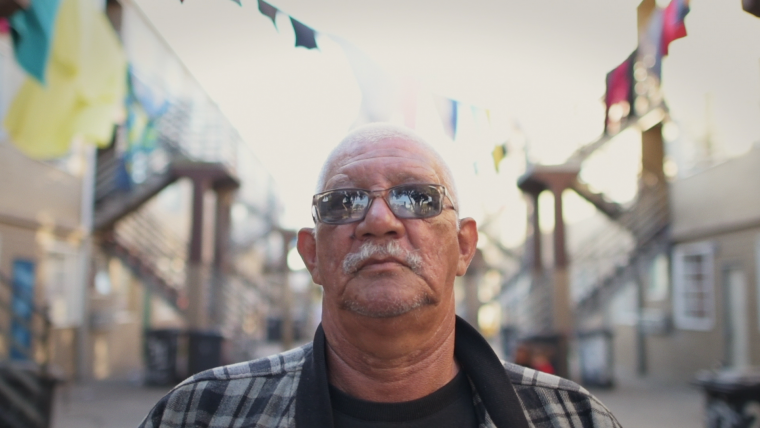
Designers are going bananas over this one-of-a-kind fabric
Would you wear a banana plant? While searching for a quality bag, industrial designer Christian Kaegi realised that most products were made from plastic. His concern was less about the durability of this artificial textile and more about the environmental consequences. “Fast fashion has a negative impact due to the materials used,” Kaegi says. To not only combat the use of synthetic fibres but also provide an alternative, Kaegi co-founded the Swiss label QWSTION in 2008. Together with his team, he created Bananatex, the world’s first technical fabric made from Abacá banana plants.
Up to 31% of microplastics found in oceans are caused by laundering and manufacturing. Each time materials are washed, thousands of microplastics are released. From cotton and linen to bamboo and hemp, Kaegi began working with different materials. But he didn’t arrive at the canvas he desired until one of his distributors pointed him in the direction of a yarn spinning mill in Taiwan, where farmers used the leaf stalks of banana plants to create fibre. Originating from the Philippines, locals refer to the material as Manila hemp. After three years of research and testing, Kaegi created Bananatex and has been designing backpacks made out of this resource ever since.
At their Zurich studio, Kaegi and his team pay close attention to each detail of their bags as they continuously innovate. “What makes it 100% natural and biodegradable is the fact that there’s no irrigation, there’s no fertiliser, no pesticides, just natural growth,” he says. “We humans can basically interact with the natural cycle of the plant without destroying anything.”
Beyond environmentalism, Kaegi has paved a socially sustainable path for around 400 small-scale Pilipino farmers who grow the banana fibre. “We see it as our responsibility to take care of all the beings on our planet,” he says. “There’s no point in favouring the one or the other.” While Bananatex is contributing to the livelihoods of communities, it’s also proving that fashion can be eco-friendly. “If we have a higher appreciation for the things that surround us, we can create higher value along the whole supply chain that’s needed to combat fast fashion,” Kaegi says.
Footage and photos by QWSTION with thanks to LAUSCHSICHT were used in the creation of this film.






























Please sign in to leave a comment